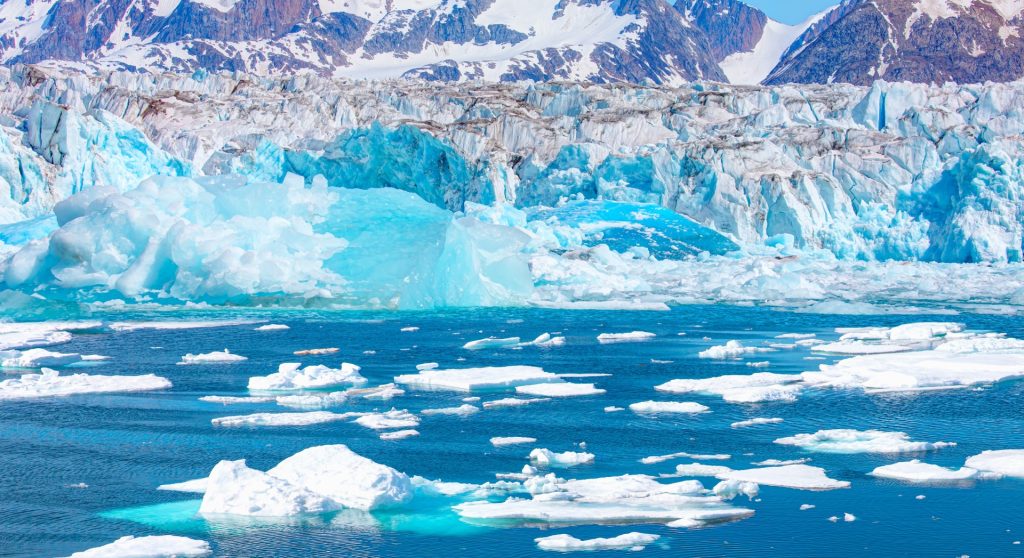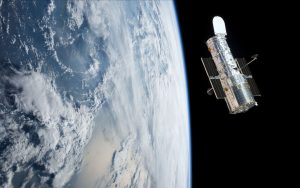A new study reveals that glacier ice loss is accelerating, with dire consequences for global sea levels and water resources.
Others are reading now
Glaciers around the world are disappearing at an unprecedented rate. According to a recent study published in Nature, glaciers have lost an average of 300 billion tons of ice per year since 2000, amounting to a 5% decline in total volume. Scientists warn that this rapid melting could have severe consequences for rising sea levels and freshwater supplies.
A Global Meltdown
Researchers from the French National Center for Scientific Research (CNRS) conducted the study in collaboration with experts from research institutions worldwide. As reported by HotNews, their findings reveal drastic glacier reductions in the Alps and Pyrenees, where ice volume has decreased by approximately 40%.
One of the study’s co-authors, Michael Zemp of the University of Zurich, called the results “shocking.” He noted that while scientists expected significant ice loss, the speed and scale of the decline have surpassed previous predictions.
The Consequences of Rapid Ice Loss
Glaciers serve as crucial freshwater sources for millions of people, particularly in Asia’s Central Highlands and the Andes. The study warns that continued melting in these regions could lead to severe water shortages.
Also read
Moreover, the loss of glacier ice is accelerating. Between 2012 and 2023, the volume of ice lost increased by 36% compared to the 2000-2023 average. This has already contributed to an 18-millimeter rise in global sea levels—a trend that is expected to worsen.
A Race Against Time
Scientists predict that if current emissions levels persist, half of the world’s glacier ice could be gone by the end of the century. Even in the best-case scenario, where greenhouse gas emissions are significantly reduced, glaciers are still expected to lose at least 25% of their total volume.
The only way to mitigate this crisis, researchers say, is through immediate action. “Every fraction of a degree we prevent in global warming will help preserve glaciers and reduce the devastating impacts of their loss,” Zemp concluded.








